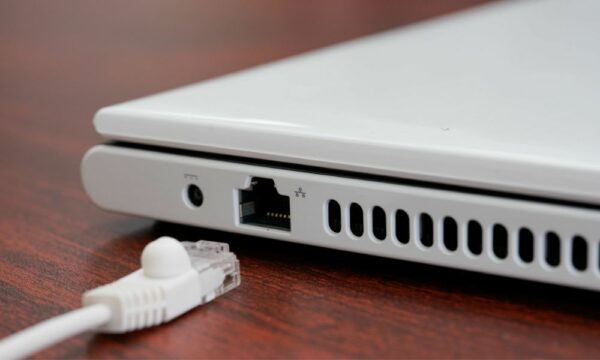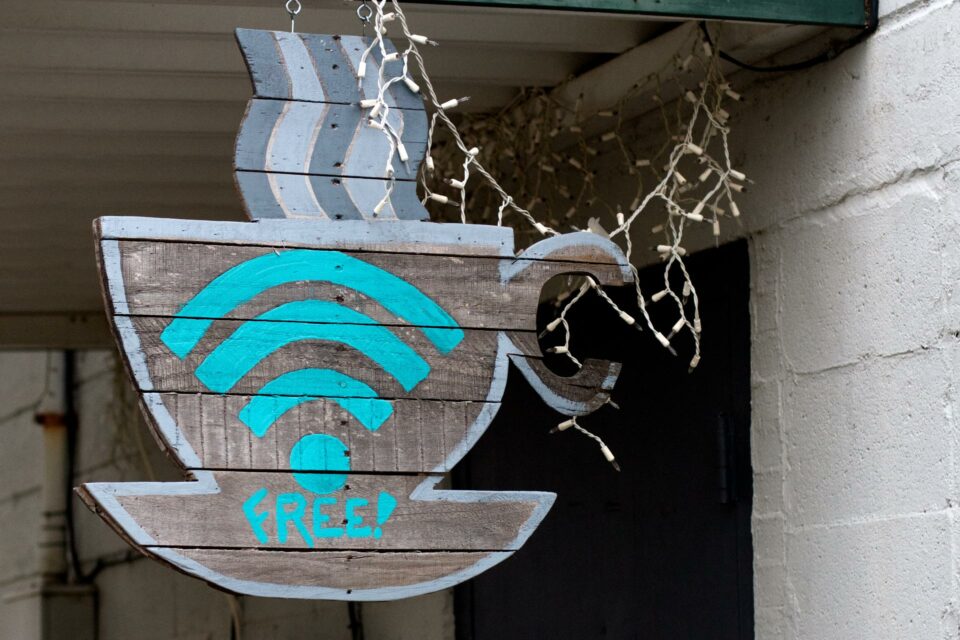What is the difference between ethernet and wifi?
Determining which internet service to go with—grounded Ethernet or wireless Wi-Fi—can be challenging. What you must first ask yourself before moving forward is how you’ll use the internet. From there, you can discover the differences between Ethernet and Wi-Fi to determine which one will best suit your needs.
How Wireless Signals Work with Internet
Wireless internet isn’t exactly new technology. The internet, for that matter, isn’t truly new technology, either. The concept of the internet is new, but the technology actually comes from satellite receivers. A wireless Internet connection receives a signal via a router, which is connected to a modem in the household or business. The modem receives the internet signal from the company that provides the internet, but that company first receives its signal via satellite. The router then receives its signal from the modem in the same fashion.
Ethernet and Its Cable Application
Cabled internet is a much simpler format in that an Ethernet cable gets its connection directly from the modem, which, again, receives its signal directly from the internet provider. The copper wire inside the Ethernet cable—which is grounded by PVC sheaths and other copper coatings to prevent interference—boosts the signal. Many people still use this route for internet, and it serves them well. It’s reliable and grounded, meaning the signal is rarely lost or experiences interference.

Security Issues Between Both
No system is perfect—each of these choices will have its shortcomings and its benefits. Wireless internet can experience interference from other devices that work with radio waves. However, Ethernet cables can have the same kind of interference if they aren’t properly grounded or wrapped well enough. It all depends on the setting and situation.
To combat these types of issues, however, you can now purchase a virtual private network, or VPN, to keep prying eyes from obtaining information from your computer and prevent people from using your internet service without your knowledge. You’ll want to have this service anytime you’re browsing the internet to protect your privacy. These days, hackers aren’t as interested in ruining your computer as they are hacking your personal accounts and finances.
Still, many people far and wide use wireless internet. In many cases, it serves as a great buffer for mobile connections when people are traveling and the only internet they have is through their mobile devices. This level of service is a breath of fresh air depending on where you are and how well your reception is working if you’re on your mobile or smart device.
What everything really boils down to is how you’ll be using the internet and how much bandwidth you need. For example, if you’re managing a large corporation with a few hundred employees—all of whom have their own computers and work directly with the internet—then you’ll absolutely need a solid Ethernet service to keep your business up and running. However, if you’re at home and you need the internet for only personal needs, then you can probably get away with wireless without any problems. The right choice ultimately lies with what works best for your situation. Just consider these differences between Ethernet and Wi-Fi before making a decision.


